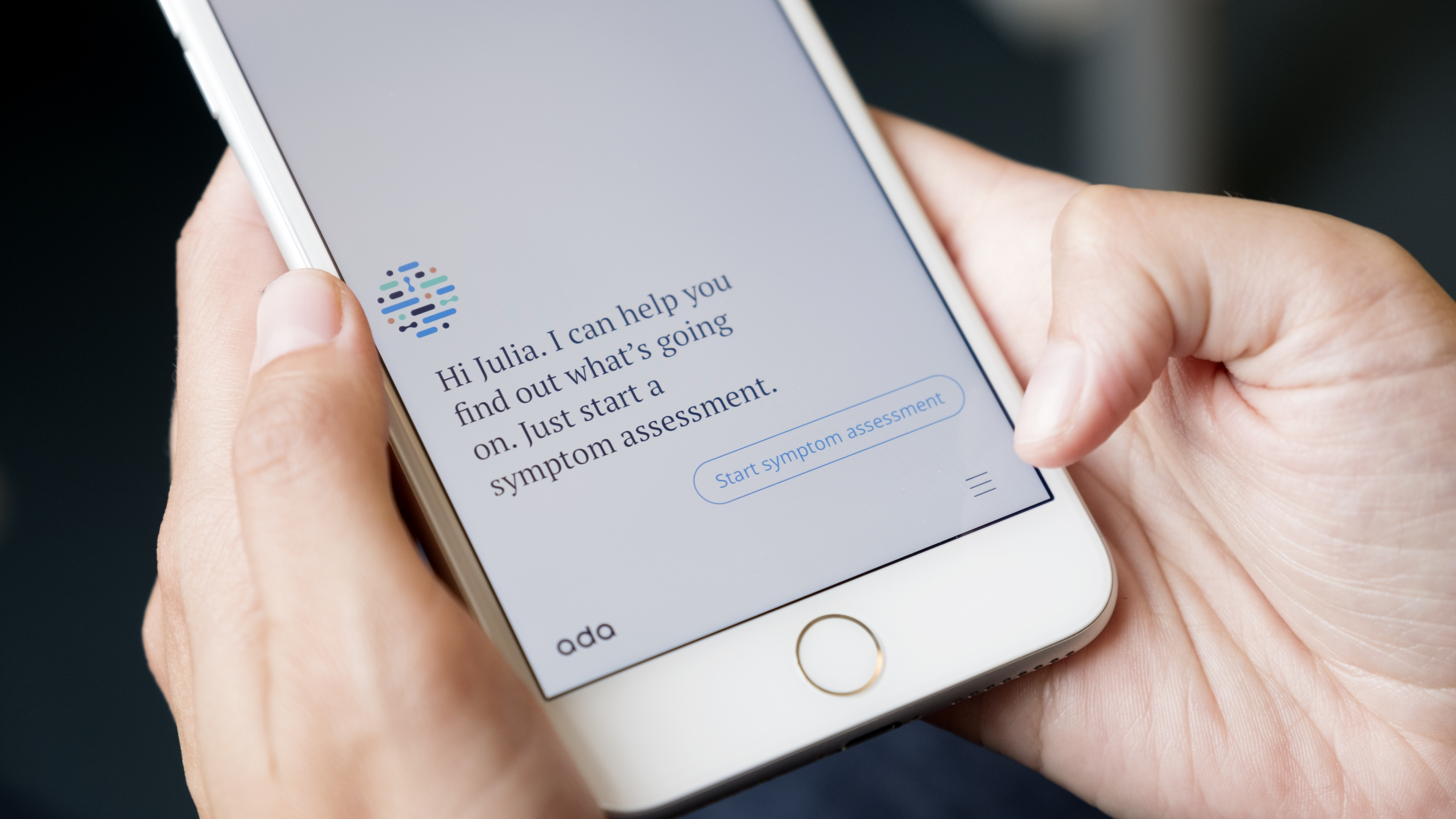Bayer backs Ada Health's symptom checker app in $90m financing

Ada Health has received another endorsement for its app to help patients diagnose conditions from symptoms, raising an impressive $90 million in funding from investors including the venture capital arm of Bayer.
Leaps by Bayer was joined by Samsung Catalyst Fund, Vitruvian Partners, Inteligo Bank, F4 and Mutschler Ventures in the second-round financing of the digital health player, whose app recently beat out the competition in a peer-review study published in the journal BMJ Open.
Bayer also indicated it was looking at generating even close tries to Berlin-based Ada Health, with discussions ongoing about a "longer-term strategic partnership" with the 10-year-old company, founded by Daniel Nathrath and Claire Novorol.
Ada's app – which combines a medical database with artificial intelligence (AI) based reasoning technology to help users understand what might be causing their symptoms – has become the world's most popular symptom checker, according to Bayer.
It was first launched in 2016, and in the interim has been used for more than 23 million patient assessments and has 11 million downloads, an uptake that has outstripped some rivals that have benefited from significantly more financial resources.
A key driver of that growth has come from launches in additional languages, and in late 2019 Ada became the first symptom checker to be made available in Swahili.
Ada Health has now raised a total investment of around $160 million, well below some competitors like Babylon Health and Kry/Livi, which to date have received backing of around $650 million and $500 million, respectively.
The new cash will go towards international expansion – particularly in the fast-growing US digital health market – add new languages and refine the AI symptom assessment platform as the company works towards its goal of "improving healthcare outcomes for more than 1 billion people around the world".
Its ultimate goal is to bundle other functionality with the app – such as wearables or diagnostic data – in order to create a "personalised operating system for health", according to Ada's founders.
At the moment the app's AI interacts with patients, running through symptoms and giving advice on next steps. When Ada has a partnership in place with a health system it can however do more – including organise an online doctor consultation Information from the symptom checker could be shared with the doctor in advance to make the process more efficient.
Those business-to-business relationships are key to Ada Health's business model, as the app is provided free to patients but partners pay a fee to deploy the platform. Various health systems, insurers, life sciences companies, and other organisations are already using it.
"Ada can help shorten time to diagnosis by providing medical guidance that is relevant, actionable and effective, and will increasingly leverage personalised data insights to support the prediction and prevention of diseases," said Bayer in a statement.











